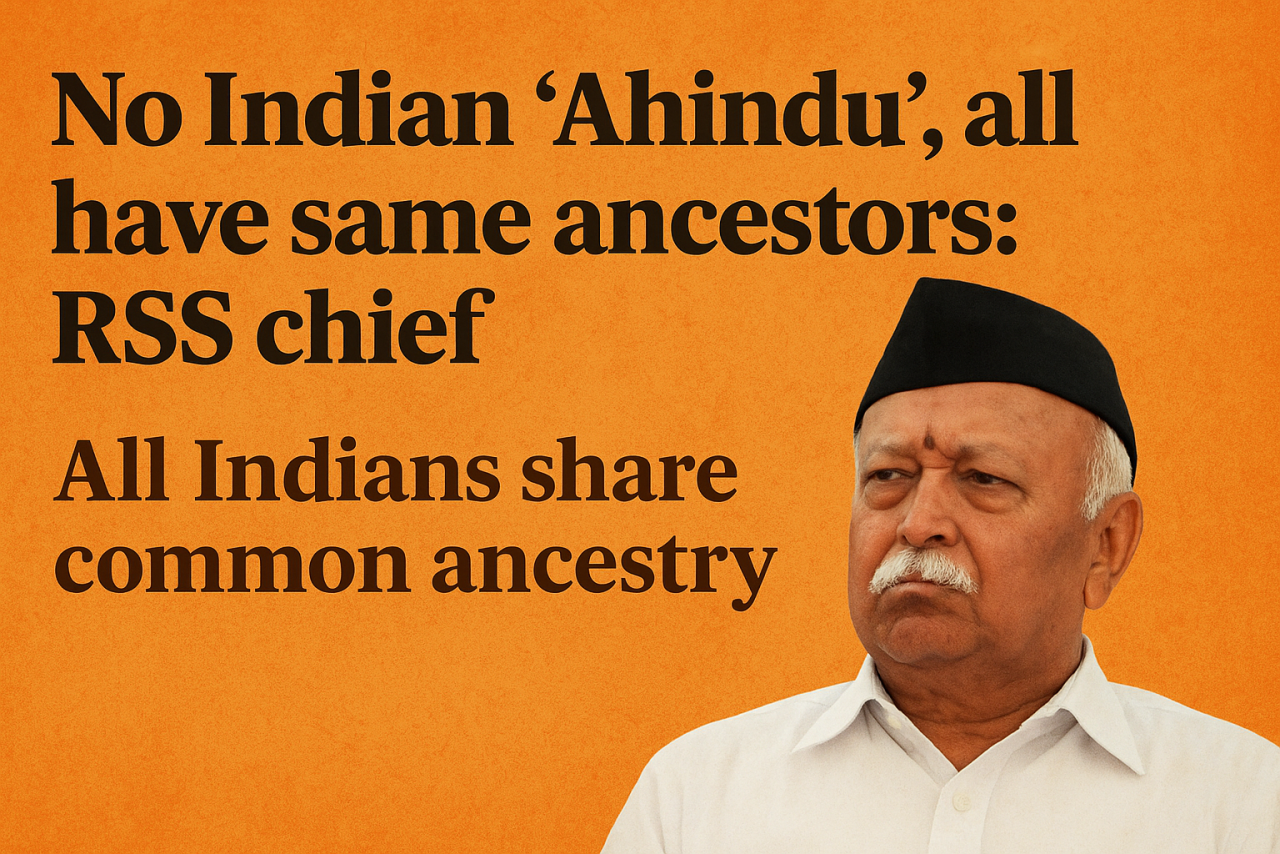
In a world that often celebrates success, confidence, and power, British-Hungarian novelist David Szalay has chosen to explore the shadows that linger behind them — vulnerability, loneliness, and the quiet ache of being human. His latest novel, Flesh, a deeply introspective and earthy story about an immigrant’s journey through life’s physical and emotional landscapes, has earned him one of the most prestigious honors in literature: the Booker Prize for Fiction.
Szalay’s win marks a powerful moment for contemporary fiction — one that reminds readers that literature still has the courage to ask uncomfortable questions about identity, gender, and purpose in an uncertain world.
A Triumph of Honesty Over Glamour
The novel Flesh traces the life of a Hungarian man navigating his existence in Britain, torn between past memories and present struggles. It follows him from his youth as a soldier to his later years working for the ultra-wealthy in London, caught in a cycle of longing, disillusionment, and fragile hope. The story unfolds in spare yet lyrical prose, each line revealing more of the character’s inner turmoil than his outward actions.
Critics have called Flesh a “raw, unflattering exploration of masculinity” — one that strips away the myths of male strength and exposes what lies beneath: fear, regret, and the constant search for meaning.
In an era when stories of success dominate headlines, Szalay dares to write about the quiet failures that shape us, the ordinary details that define real lives. It is precisely this fearless realism that moved the Booker judges, led by Irish novelist and former winner Roddy Doyle, to select Flesh as the year’s best work of fiction.
“We have never read anything quite like it,” Doyle said. “It’s dark, but it is a joy to read — a singular and extraordinary novel.”
The Writer Who Sees the Invisible
Born in Canada to a Hungarian father and British mother, Szalay’s own background mirrors his novel’s sense of cultural displacement. He grew up in Britain and studied at Oxford, later living in Hungary before settling once more in the UK. His experiences as both insider and outsider have long informed his writing.
Before Flesh, Szalay had already established himself as one of the most perceptive voices in English fiction. His earlier works — including All That Man Is, shortlisted for the Booker in 2016 — explored similar themes of masculinity, ambition, and alienation. But with Flesh, Szalay seems to have reached a new level of artistic honesty.
Unlike many authors who romanticize their subjects, Szalay writes with a clear-eyed compassion, turning the lives of ordinary men into mirror reflections of modern society’s restlessness. He writes not to glorify, but to understand.
A Booker-Worthy Vision
The Booker Prize, awarded annually to the best novel written in English and published in the UK or Ireland, has long been a barometer of literary excellence. To win it, especially against strong competition from celebrated authors like Kiran Desai and Andrew Miller, is a testament to Szalay’s mastery of both form and emotion.
The judging panel, which included writers and critics such as Sarah Jessica Parker, Ayobami Adebayo, and Emily Reid, praised Flesh for its “haunting beauty and unflinching realism.” The book’s minimalist style — using plain yet powerful language — and its deep psychological insight stood out among 135 contenders.
While Flesh delves into somber themes — aging, isolation, mortality — it also carries moments of quiet humor and tenderness. Szalay’s prose feels earthy and physical, as if every sentence breathes with the rhythm of real life.
Gratitude and Reflection
At the award ceremony in London, Szalay appeared both joyful and reflective as he accepted his trophy. Thanking the judges, he recalled asking his editor years ago whether he could ever imagine winning the Booker Prize. “You have your answer,” his editor replied, a moment Szalay remembered fondly while holding the bronze trophy.
The author also acknowledged the broader significance of the win — not just for himself, but for the kind of writing he represents. “When Hungary joined the EU, it felt like an obvious and good thing,” he said in his speech. “Writing about a Hungarian immigrant in Britain feels like completing that circle.”
His words resonated with many in the audience, who saw in Flesh not just a personal story, but a universal reflection on what it means to belong — to a country, to a body, to one’s own fragile humanity.
Literature That Dares to Be Real
In the end, Flesh is more than a novel about a man; it’s a meditation on what it means to live truthfully in a world built on appearances. Szalay’s ability to combine psychological depth with social realism has earned him comparisons to literary greats like Graham Greene and Philip Roth — yet his voice remains distinctly his own.
Winning the Booker Prize is both recognition and responsibility. For David Szalay, it is proof that stories rooted in honesty, however quiet or uncomfortable, still have the power to move the world.
In an age of noise and spectacle, Flesh stands as a reminder that the truest art is often the simplest — that to write about the body is to write about the soul. And that sometimes, the most heroic thing a writer can do is to tell the truth.




















